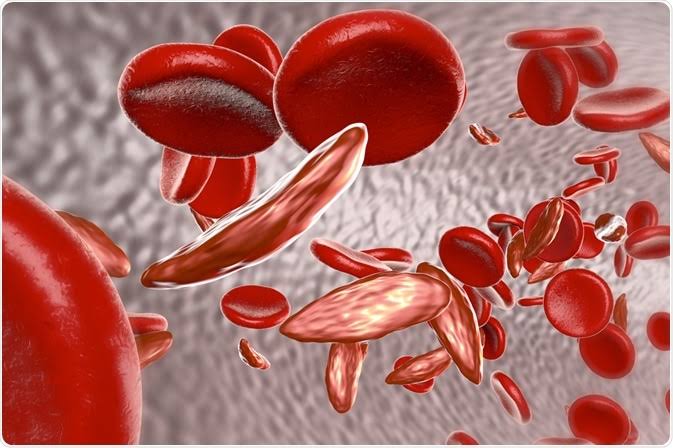Wockhardt Hospitals Nagpur a leader in health care sector is creating awareness and taking a step to educate people about the Sickle Cell disease. Sickle cell disease (SCD) is a genetic disorder that affects the red blood cells in the body. It is caused by a mutation in the gene that is responsible for producing hemoglobin (a protein that helps carry oxygen throughout the body).
Dr. Gunjan Loney consultant Hematologist and Hemato Oncologist gave the information on Sickle Cell Disease said, “ In a person with SCD, the mutation causes the red blood cells to become rigid and crescent-shaped, resembling a sickle. This abnormal shape makes it difficult for the cells to pass through small blood vessels, leading to various complications. One of the main symptoms of SCD is chronic anemia, which occurs when there is a shortage of red blood cells in the body. Anemia can cause fatigue, weakness, and shortness of breath.
She further elaborated on the other common symptom of Sickle Cell Disease that is pain crises, which are episodes of severe pain that can occur anywhere in the body. These pain episodes are caused by the sickle-shaped cells getting trapped in the blood vessels, blocking blood flow and oxygen supply to the affected area.
SCD can also result in organ damage and complications. The sickle cells can cause damage to the spleen, leading to an increased risk of infections. They can also block blood flow to the lungs, causing acute chest syndrome, a condition similar to pneumonia.
She warned of other complications of SCD include stroke, priapism (painful, prolonged erection), and damage to the kidneys, liver, and eyes.
Dr. Gunjan Loney said , ” Treatment for SCD aims to manage symptoms, prevent complications, and improve quality of life. This may include medications to manage pain, prevent infections, and reduce the risk of complications. Blood transfusions may also be necessary to replace damaged red blood cells.”
In some cases, a bone marrow transplant may be considered as a potential cure for SCD. This procedure involves replacing the faulty stem cells with healthy ones from a donor.
It is important for individuals with SCD to receive regular medical care, including vaccinations, screenings, and monitoring of organ function. Lifestyle modifications, such as staying hydrated, avoiding extreme temperatures, and managing stress, can also help prevent complications
.Overall, SCD is a chronic condition that requires ongoing management and care. With proper treatment and support, individuals with SCD can lead fulfilling lives and minimize the impact of the disease on their overall health.
👉 Click here to read the latest Gujarat news on TheLiveAhmedabad.com



